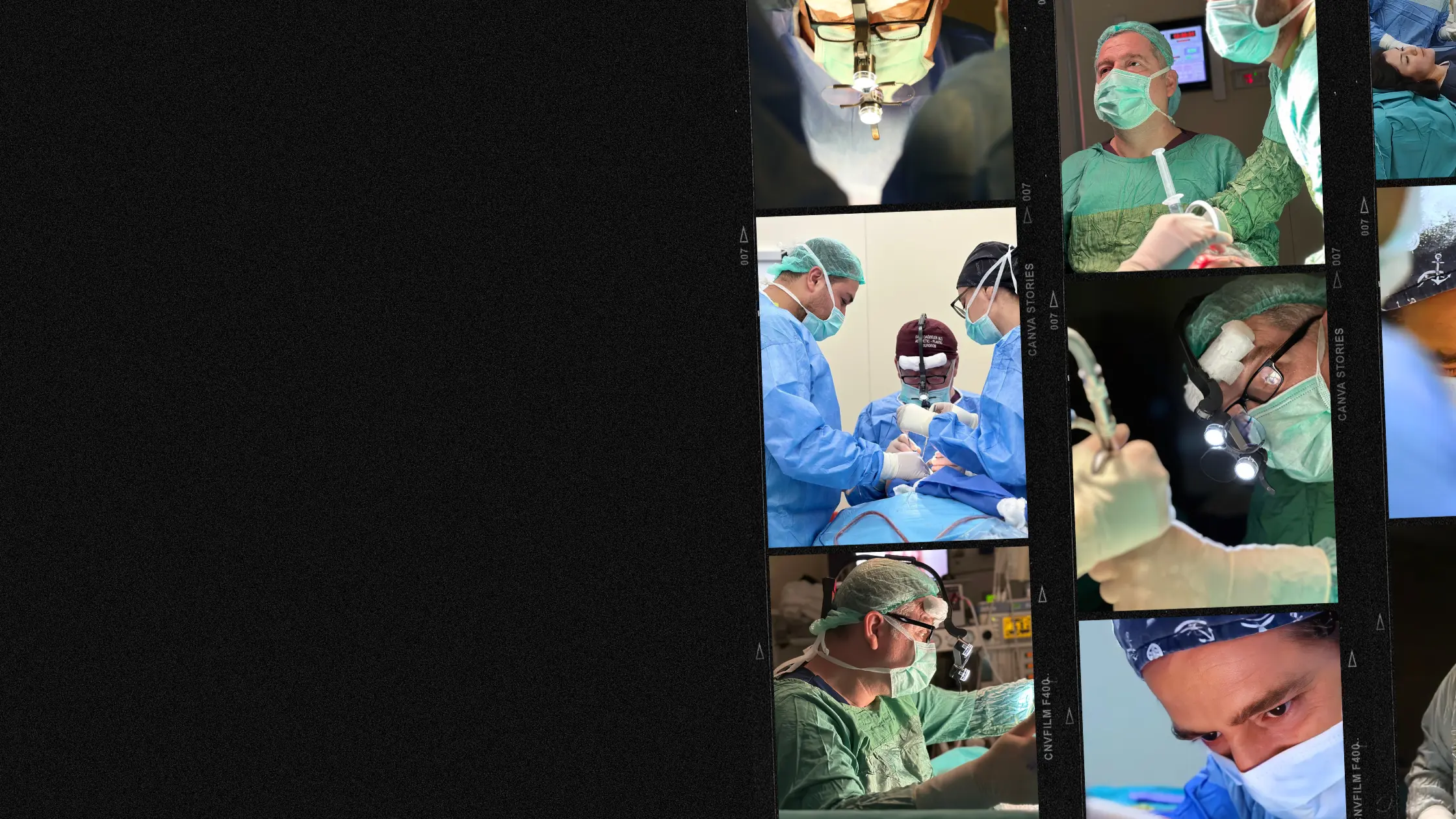Introduction
In today’s digital age, social media has become an integral part of our lives. It not only allows us to connect with others but also influences our perception of beauty. With the rise of filters and influencers, the pressure to attain an idealized version of ourselves has increased significantly. This blog post explores the impact of filters and influencers on cosmetic surgery and how it affects our self-image and society as a whole.
The Influence of Filters
Filters have become a common feature on various social media platforms, allowing users to alter their appearance with just a tap. These filters smooth out imperfections, enhance features, and even change facial structures. While they may seem harmless and fun, the influence of filters on our perception of beauty is profound.
One of the major consequences of filters is the distortion of reality. As we scroll through our feeds, we are bombarded with flawless faces and perfect bodies, which are often the result of filters. This constant exposure to unrealistic beauty standards can lead to feelings of inadequacy and a distorted self-image. It’s no wonder that many individuals are turning to cosmetic surgery to achieve the unattainable perfection they see on social media.
Moreover, filters can create a culture of comparison and self-dissatisfaction. When we constantly see others with altered appearances, it’s natural to compare ourselves and feel dissatisfied with our own looks. This can trigger a desire to undergo cosmetic procedures to match the edited versions of ourselves we see online.
The Power of Influencers
Social media influencers have a significant impact on their followers. They have the power to shape trends, influence purchasing decisions, and even affect the choices people make about their bodies. When it comes to cosmetic surgery, influencers often play a role in normalizing and promoting certain procedures.
Many influencers openly share their own experiences with cosmetic surgery, showcasing the positive outcomes and promoting the idea that it can enhance one’s appearance and boost self-confidence. However, this can create unrealistic expectations and pressure on individuals to undergo these procedures. It is essential to remember that cosmetic surgery is a personal choice, and one should be well-informed and make decisions based on their own desires and needs, rather than the influence of others.
Furthermore, influencers have the responsibility to promote body positivity and self-acceptance. Instead of perpetuating unattainable beauty standards, they should encourage their followers to embrace their unique features and appreciate their natural beauty. By doing so, influencers can contribute to a healthier mindset among their audience, reducing the pressure to conform to unrealistic ideals.
The Impact on Society
The impact of filters and influencers on cosmetic surgery extends beyond individuals. It has societal implications as well. The emphasis on external appearance perpetuated by social media can lead to a superficial and judgmental society, where value is often placed on physical attributes rather than personal qualities. This can have a detrimental effect on self-esteem, mental health, and body image issues, especially among young people who are more susceptible to these influences.
Moreover, the normalization of cosmetic surgery can create an unrealistic beauty standard that is unattainable for many. This can contribute to a culture of comparison and self-dissatisfaction. People may feel pressured to undergo procedures to fit into society’s narrow definition of beauty, disregarding their unique features and individuality.
To counter these negative effects, society must have open conversations about these influences and promote self-acceptance, diversity, and the importance of inner beauty. By encouraging a more inclusive and accepting mindset, we can create a society where everyone feels valued and appreciated for who they are, rather than how they look.
Conclusion
The impact of filters and influencers on cosmetic surgery is undeniable. While social media can be a powerful tool for connection and self-expression, it is crucial to be aware of its influence on our perception of beauty. Filters may provide temporary satisfaction, but they can also distort our self-image and create unrealistic expectations. Influencers, on the other hand, have the responsibility to promote body positivity and self-acceptance, rather than perpetuating unattainable beauty standards. Ultimately, it is important to prioritize our mental well-being, embrace our uniqueness, and remember that true beauty comes from within.


